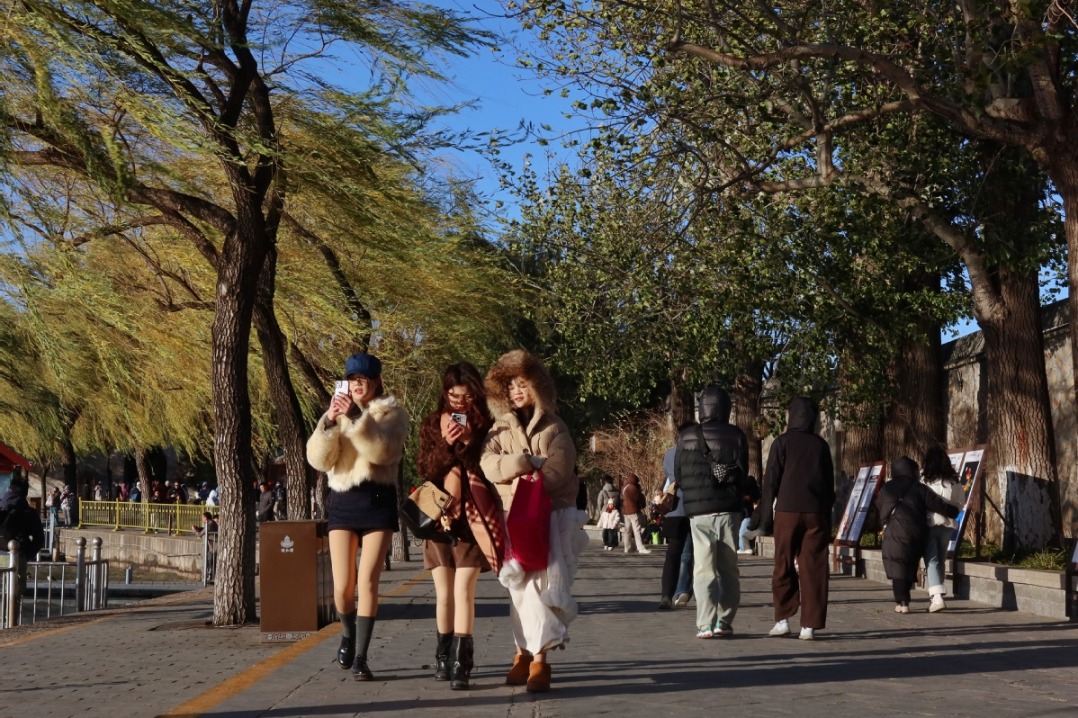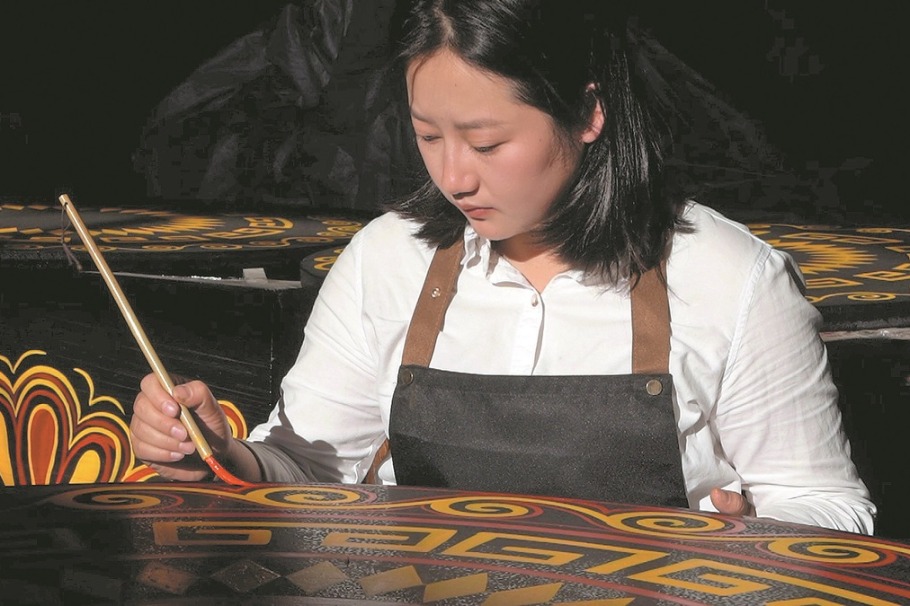Confucius Institute continues expansion with new projects

In a significant expansion of its global network, the Confucius Institute has opened 16 new projects in 2025 - 15 "Institutes" and one "Classroom". The new projects include the first institutes to be opened in the African countries of Algeria and Guinea-Bissau.
Ten of these new institutions were presented with official plaques during a sub-forum that celebrated the Confucius Institute's development at the World Chinese Language Conference in Beijing on Saturday.
The new centers bring the total global presence of Confucius Institutes to 510 institutions across 164 countries and regions, underscoring their enduring role as a cornerstone of international Chinese education and people-to-people exchange.
Assia Kaced, vice-rector of Algiers 2 University, said she was enthusiastic about Algeria's new institute: "There is a significant demand for Chinese language acquisition in Algeria, particularly among the youth."
Kaced said the new project is directly linked to the recent strengthening of economic relations between Algeria and China and the presence of major Chinese companies in the country.
For young Algerians, the Chinese language has become a gateway to career opportunities in a rapidly evolving job market, Kaced said.
Elaborating on the institute's broader mission, she said that, beyond teaching language skills, the Confucius Institute will help dissolve stereotypes and build a foundation of interpersonal trust between Algerian and Chinese youth. It is a bridge that will help Algerian youth gain a deeper understanding of Chinese culture and will contribute significantly to mutual learning, understanding and respect between the two communities, she added.
Isaac Ongubo Kibwage, vice-chancellor of Egerton University in Nakuru, Kenya, highlighted the innovative model of their own established institution.
The Confucius Institute at Egerton serves as a vital bridge for cultural exchange, educational cooperation, and particularly for agricultural technology transfer, he said.
As the world's first Confucius Institute to place a focus on agricultural knowledge, it integrates Chinese language learning with agricultural technical training through programs like Chinese plus horticulture, Chinese plus livestock management, and Chinese plus tomato grafting. Kibwage said the institute has set up eight teaching points, enrolling nearly 3,000 students annually.
The Egerton institute has also empowered the local community by organizing 45 training sessions for farmers, benefiting 2,413 individuals to date. The collaboration with Nanjing Agricultural University has been fundamental in establishing joint laboratories and demonstration villages, making the institute a symbol of shared knowledge and a prosperous future, Kibwage said.
Ren Youqun, China's vice-minister of education, said that, through two decades of development, Confucius Institutes have become a widely-recognized platform for educational and cultural cooperation internationally.
Responding to evolving situations, Confucius Institutes should improve teaching quality and systems and, where conditions permit, strive to establish Chinese language majors, he said.
They must actively explore the use of artificial intelligence to empower Chinese language teaching, building a new tripartite teacher-student-machine collaborative model for Chinese education, Ren added.
It is crucial to proactively align with the needs of overseas Chinese enterprises and the career development of trainees, to serve practical cooperation between China and other countries, he said: "We aim to build a Confucius Institute ecosystem involving both Chinese and foreign partner institutions and external partners, allowing more social forces to participate in the development of Confucius Institutes."
Duan Peng, president of Beijing Language and Culture University, said Confucius Institutes provide resources and support to young people around the world who like the Chinese language and love Chinese culture, embodying a spirit of mutual learning and win-win cooperation.
The university dispatches nearly 100 high-quality teachers annually to serve as Chinese deans and instructors, along with more than 100 volunteers, effectively addressing the faculty needs of Confucius Institutes, he said.
In a complex and changing international landscape, he urged Confucius Institutes to prioritize connotative development for higher quality, and deepen local integration through tailored programs.
He also called for the development of collaboration networks into broader exchange platforms, and the embracing of digital innovation, including AI, to widen their influence.
- Confucius Institute expanding with new projects
- Potala Palace to implement Monday closure policy
- Workers with disabilities building new kind of community in Taicang
- Dongying birdwatching: More than birds, legacy in sky
- Ming Dynasty stone street attracts visitors in Guizhou
- Life imprisonment for ex-Heilongjiang official in bribery, embezzlement case





































